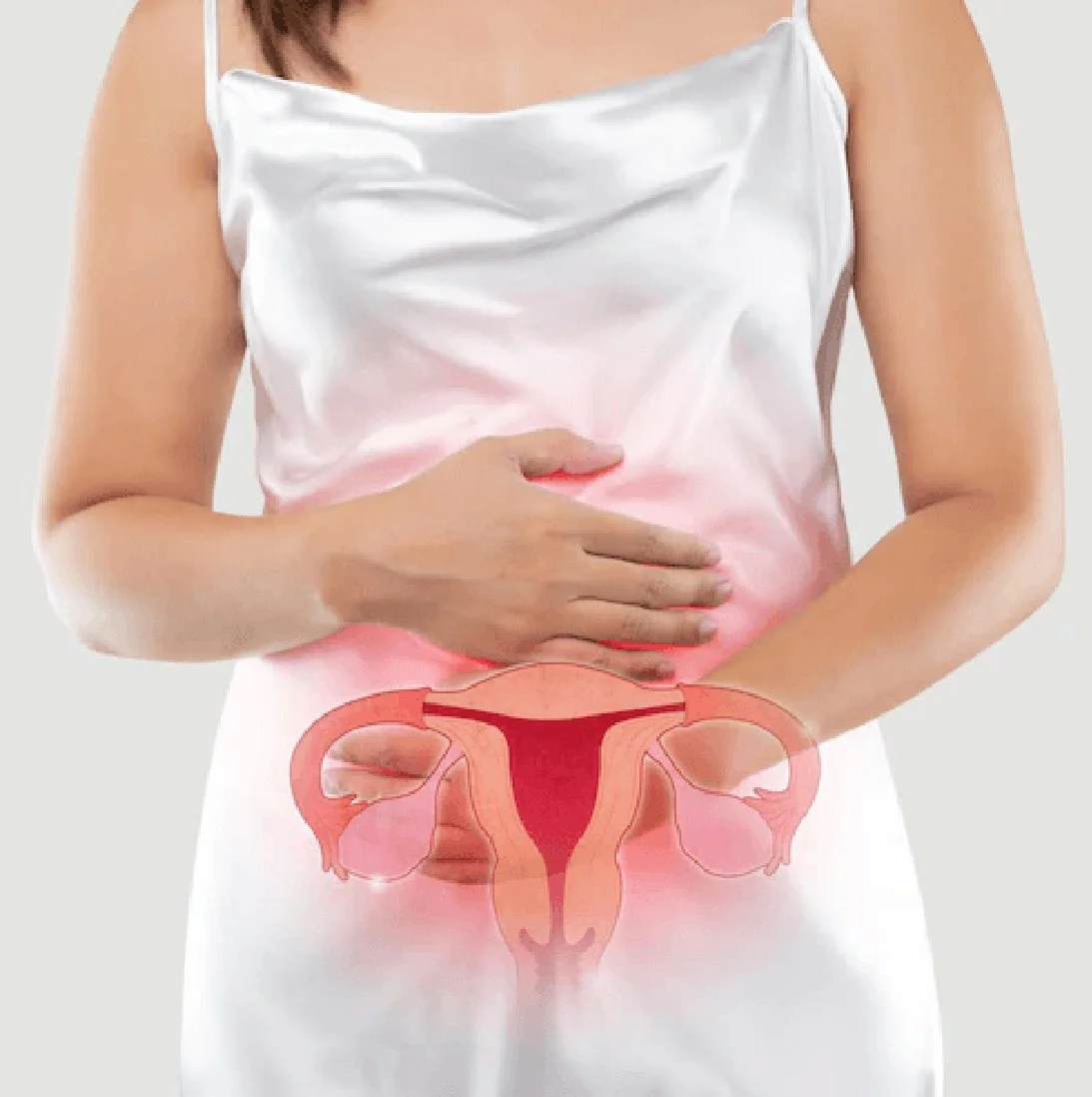
Department of Oncology
Welcome To Gangasheel Hospital
What is Cysts?
An ovarian cyst is usually a fluid-filled sac in or on the ovary. Females have two ovaries. There are ovaries on both sides of the uterus.
Each ovary is about the size and shape of an almond. The egg develops and matures in the ovary. Egg cells are released in monthly cycles when they are fertile.
Ovarian cysts are common. In most cases, there is little or no discomfort and the cyst is harmless. Most cysts disappear within months without treatment.
However, sometimes an ovarian cyst can twist or burst (rupture). This can cause serious symptoms. To protect your health, get regular checkups and watch out for symptoms that could indicate a potentially serious problem.
Most ovarian cysts cause no symptoms and resolve on their own. However, large ovarian cysts can cause:
Pelvic pain that comes and goes. You may feel a dull or sharp pain.
Fullness, pressure, or heaviness in the stomach (abdomen).
Flatulence.
Most ovarian cysts form as a result of the menstrual cycle. These are called functional cysts. Other types of cysts are less common.
Functional Cysts
Small cysts called follicles grow in the ovaries each month. The follicle secretes the hormones estrogen and progesterone and bursts during ovulation to release the egg.
A follicle that grows monthly is called a functional cyst.
There are two types of functional cysts:
Follicular cysts
About halfway through the menstrual cycle, the egg ruptures from the follicle. The egg then travels down the fallopian tube. A follicular cyst begins when the follicle does not rupture. Don't give up the egg and keep growing.
Luteal cysts
After the follicle releases the egg, it shrinks and begins producing estrogen and progesterone. These hormones are necessary for pregnancy. The follicle is now called the corpus luteum.
Most ovarian cysts cannot be prevented. However, regular pelvic exams can help diagnose ovarian changes as early as possible.Be aware of changes in your monthly cycle. Watch out for unusual menstrual symptoms, especially menstrual symptoms that last for more than a few cycles. Talk to your doctor about any changes affecting you.
Treatment depends on factors such as age, symptoms, and possible causes of the cyst.
Functional ovarian cysts usually go away without treatment. If the cyst is likely functioning, your provider may suggest a wait-and-see approach.A follow-up ultrasound within a few weeks or months of diagnosis will allow the cyst to resolve on its own.
Medications for Ovarian Cysts
If your doctor prescribes medications containing hormones (such as oral contraceptives) to stop ovulation and prevent future cysts from forming. there is.
If the cyst is causing symptoms and is growing, it should be surgically removed. The type of surgery depends on the size of the cyst and how it looks on ultrasound.
The different steps used are:-
Laparoscopy:
This is a procedure in which the provider inserts a small camera through a small incision in the abdomen. View the genitalia and pelvic cavity with the device. Ovarian cysts can be removed through a small incision (cystectomy).
Laparotomy:
If the cyst is very large or if you have other concerns, your doctor may do this surgery. We can discuss the best treatment for you.
Yes, Cysts Cancer treatment is available in Bareilly at Gangasheel Hospice by the team of expert Oncologists in the city.
